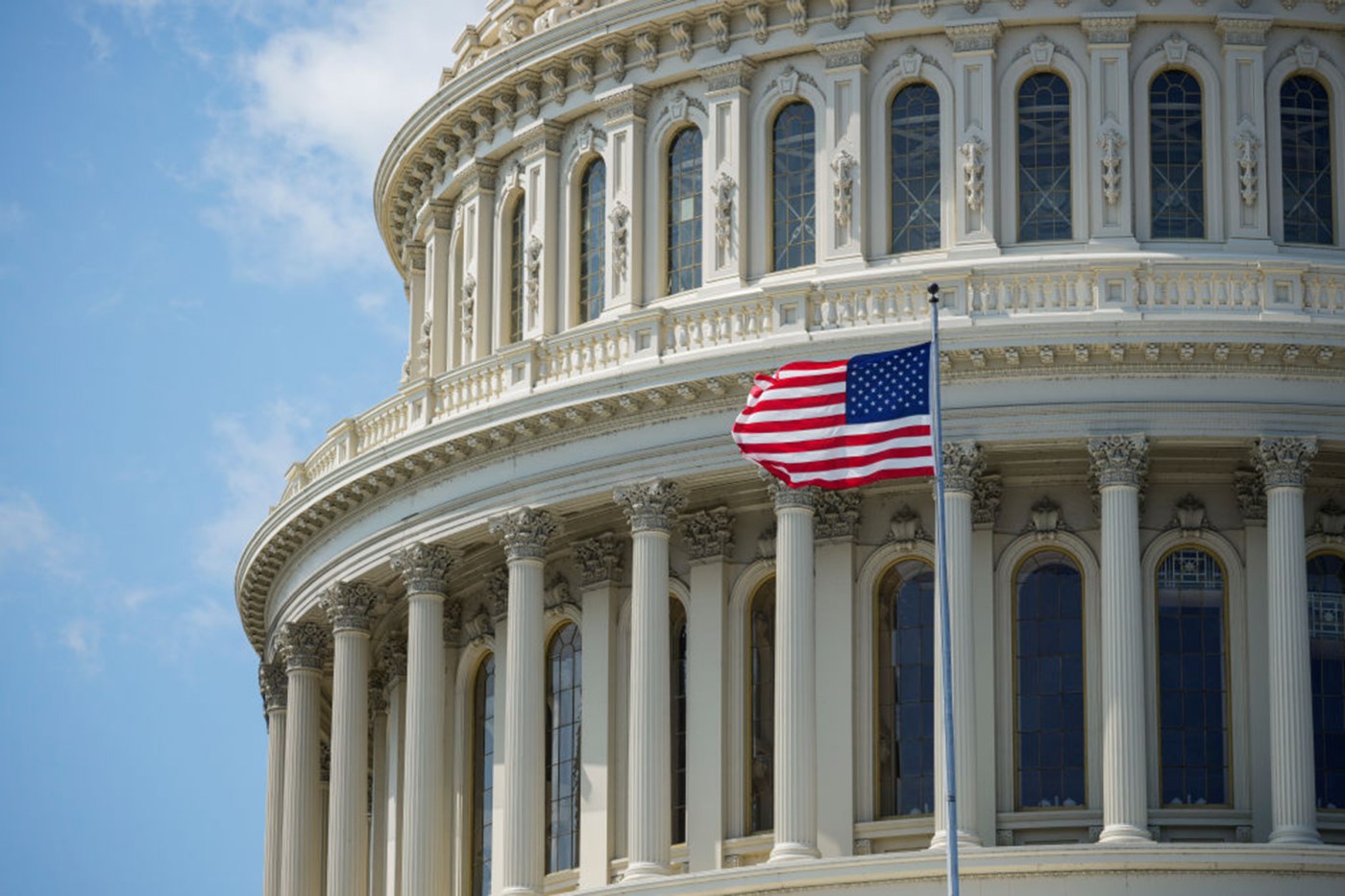
Ditch: Another day, another D.C. fiscal deadline
We’re in a new year, but the headlines from Capitol Hill feel old.
Once again, Congress has been debating its annual spending bills. And once again, it narrowly avoided a shutdown by passing a stopgap funding bill before a looming shutdown on Friday.
Considering that the gross national debt is now over $100,000 for every man, woman and child in the country, having Congress focus on spending might seem like a good thing.
Unfortunately, only a few dozen legislators seem concerned about unsustainable and inflationary deficit spending. A much larger group is focused on delivering taxpayer-funded handouts to selected special interests.
Here are some core problems with the current budget problems, along with solutions.
Problem 1: Congress struggles to complete the budget and spending problem on time, leading to awkward continuing resolutions and potential shutdowns.
Solution: The U.S. federal government has swollen into an incomprehensibly large mass of bureaucracies and programs.
Debating the proper amount to spend on core priorities such as national defense and veterans’ benefits is already a heavy lift. Haggling over funding for thousands of questionable line items such as maple syrup subsidies, the African Development Foundation and Title X Family Planning program is something else entirely.
Streamlining the federal government would not only help move the budget closer to balance, but it would also dramatically simplify the spending process.
Problem: Spending bills get merged into “omnibus” packages that are thousands of pages long, and members are often expected to vote with only a few hours’ notice.
Congressional Budget Office analysis of appropriations bills is only delivered to a handful of high-ranking offices. This allows appropriators and leadership to break budget rules while hiding that fact from the rest of the world.
Solution: Shrinking the number of programs and agencies would reduce the page count of spending packages.
Congress should have at least a week’s notice to vote on regular spending bills to allow for proper review and debate. In addition, the “score” of the bills should be published just like any other bill.
Problem: The federal government is on pace for a $2 trillion deficit, an amount that is unprecedented by any measure when there is no major war or sharp recession to explain it. However, the spending bills that Congress bickers over every year cover less than one-third of federal spending, because the rest is on autopilot.
Solution: The budget process should be more comprehensive, forcing Congress to seriously look at the totality of spending and address (rather than ignore) dangerously high deficits.
The last time Washington did anything meaningful to reduce deficits was because of pressure (and political consequences) from the tea party movement. The nation needs something similar once again to stop the endless flow of red ink from drowning the economy.
David Ditch is a senior policy analyst at The Heritage Foundation’s Hermann Center for the Federal Budget/Tribune News Service


